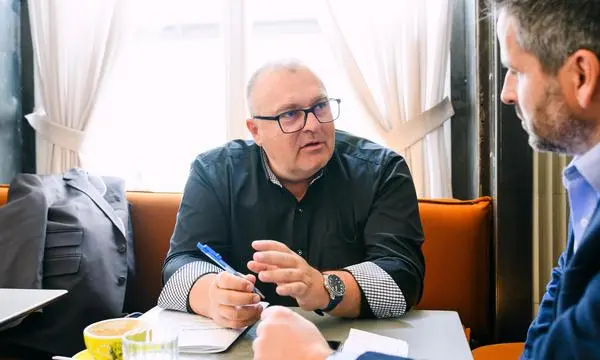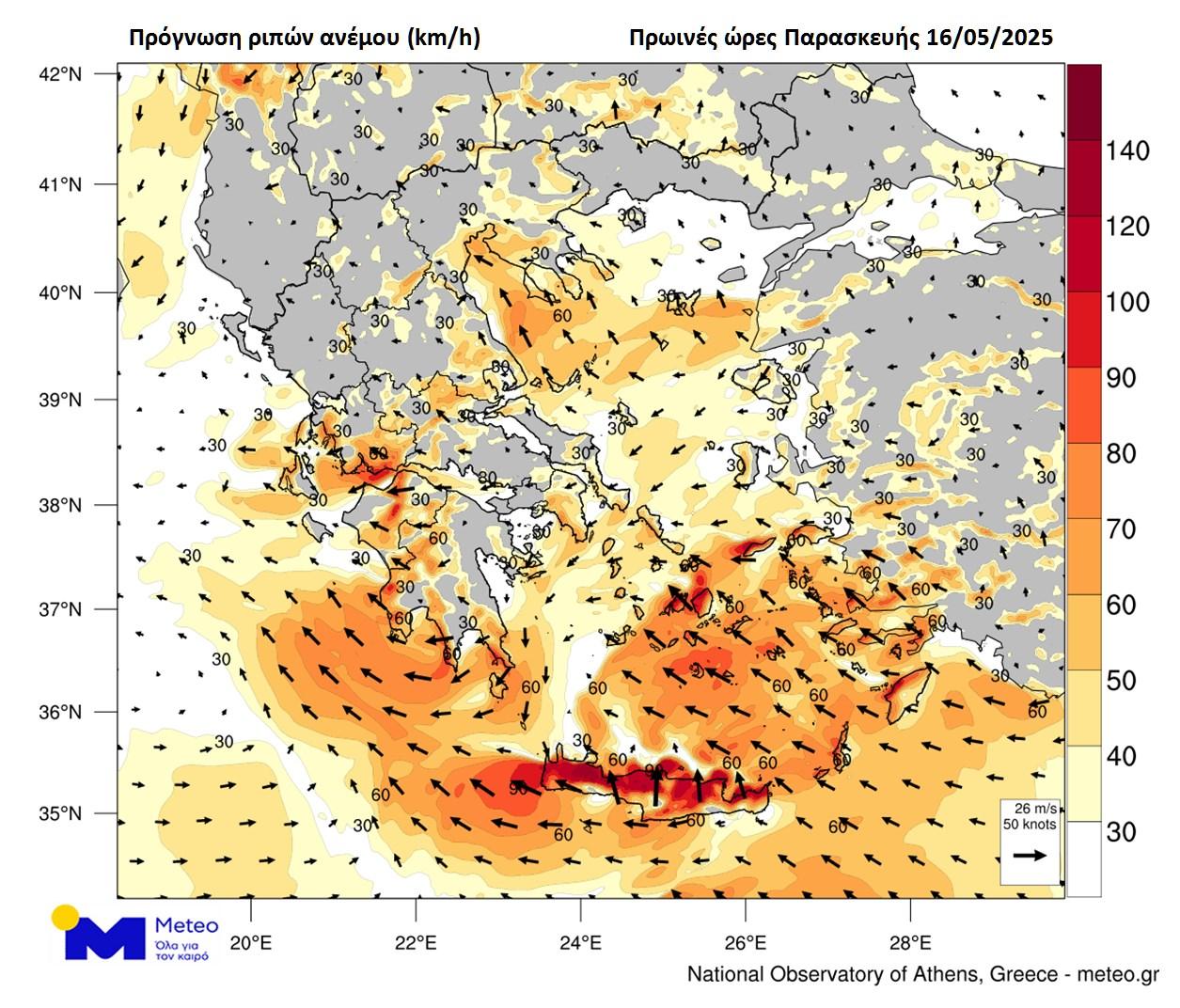« It is a large savings package in a historical comparison » – DiePresse.com

According to WiFo director Gabriel Felbermayr, the Austrian budget policy drove in sight and not crisis-proof. To enable economic impulses, drastic savings are needed by 2029.
WiFo boss Gabriel Felbermayr sees a large reform and savings requirement for the federal government after the double budget 2025/26 presented on Tuesday for the federal government. « Significant savings measures » and structural reforms are needed to finance impulse programs for the business location, Felbermayr said on Thursday in the club of the business publicists in Vienna. « In order for it to be confident again, a reform agenda and a long -term plan are needed. »
From the ÖVP/SPÖ/NEOS government, the top economist would like « a credible path for wage incidental reductions, measures for energy costs and bureaucracy reduction. Only then will the mood to brighten up and increase the investment activity again. » Improvements of the “location quality” can be countered by a reduction in the climate -damaging subsidies, according to Felbermayr. The director of the Economic Research Institute (WIFO) sees financial scope for the valorization of mineral oil tax and a commuter flat-rate and diesel privilege reform.
Pensions as a financial challenge for government
Politics will probably not be able to avoid pensions in the coming years. Further measures are needed to slow down the pension cost increase, because otherwise they « increase dramatically » by 2029, according to the WiFo boss. The government must bring in the « effective and the statutory retirement age » and in the long term « the coupling of the retirement age to life expectancy ». « Such reforms should be tackled. »
The WIFO director praises the budgeting by the new federal government. ÖVP, SPÖ and NEOS as well as Markus Marterbauer (SPÖ) as the « new still inexperienced finance minister » had « put together a relatively drastic savings package » without a dispute. « It is a large savings package in a historical comparison, » said Felbermayr.
Wifo boss: medium-term budget plan « not crisis-proof »
According to the government’s plans, the budget deficit of 4.7 percent in the previous year is expected to drop to 4.5 percent of gross domestic product (GDP). It should be 4.2 percent next year and in 2028 the government plans to get out of the (ancient) EU deficit procedure. « The debt ratio remains high. The medium-term budget plan is not crisis festival, » commented the WIFO chief’s government policy. In order for the income and expenditure of the public sector to occur as budgeted, the Austrian economy and tax revenue must develop as predictable. At the end of March, WIFO expected a decline in economic output by 0.3 percent and for 2026 economic growth of 1.2 percent. WiFo boss Felbermayr locates some stimulus messages, « that indicate » that the business forecast holds. (APA)







